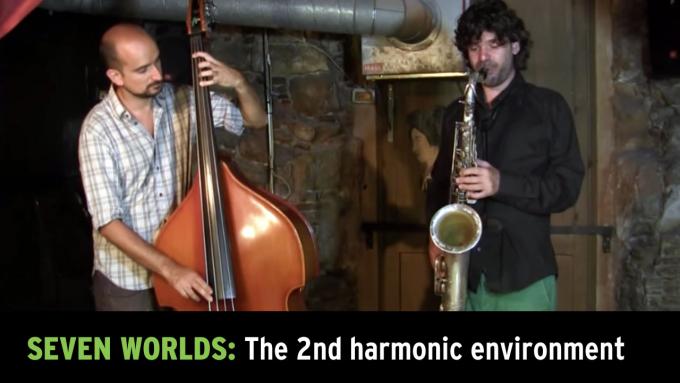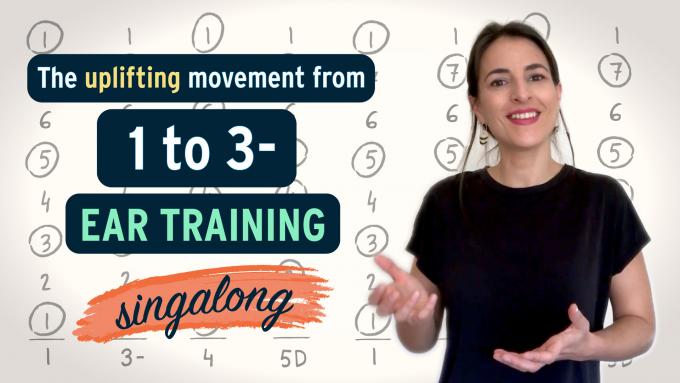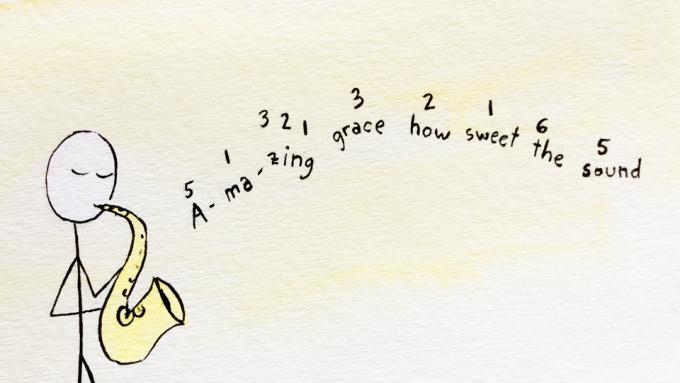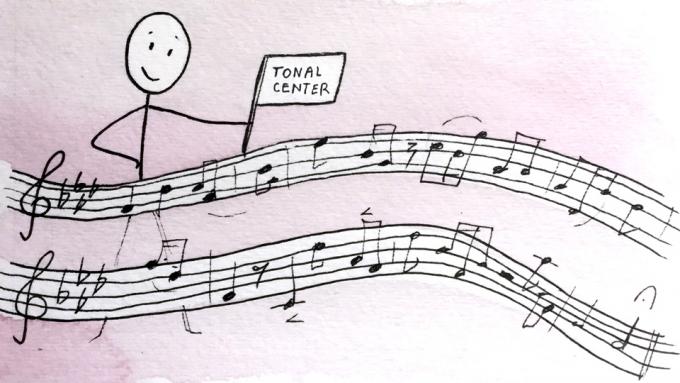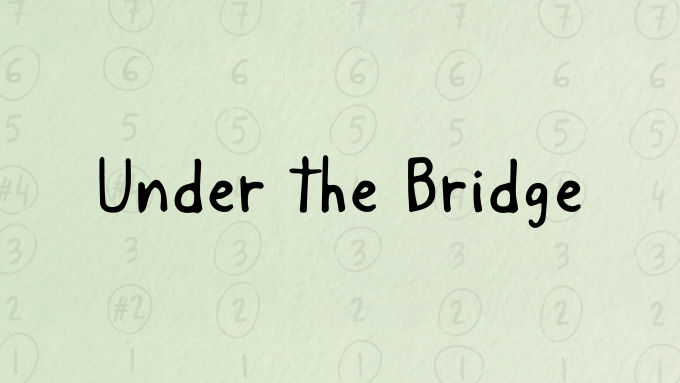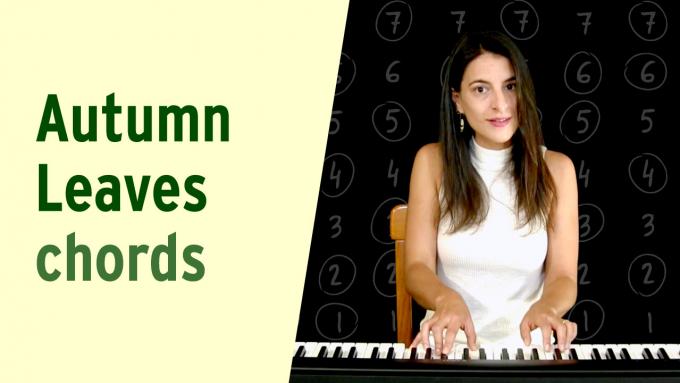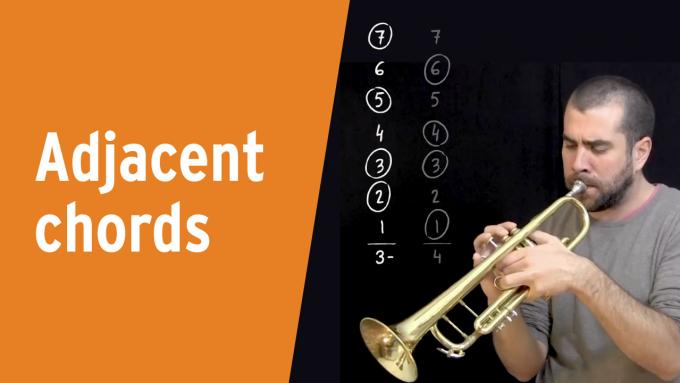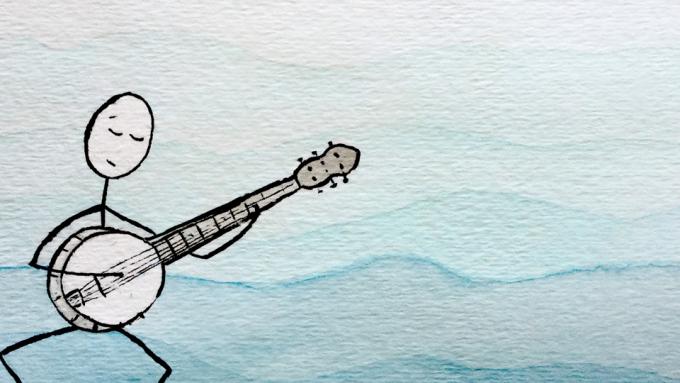This is a demonstration of some of the sounds we can create with IFR Exercise 2: Melody. Throughout this entire modal improvisation, both musicians are using just seven notes.
In this lesson we study the uplifting movement from the 1 chord to the 3- chord, which is very common in popular music. And we will sing Melody Paths over the chord progression 1, 3-, 4, 5D.
If I play popular songs like "Amazing Grace" with many different interval jumps in all 12 keys on my sax, is this a good way to practice IFR Exercise 2? Or does this complicate the idea?
I am totally immersed in your system and find that Exercise 2 will keep me busy for the next few months. I practice IFR every day for about one hour. What comfort level should I hope to achieve in Exercise 2 before trying to attempt Exercise 3?
If I identify a particular note as the tonal center of a song, how can I tell which note of the major scale it is (e.g. note 4)?
In IFR Jam Tracks Level 4: Mixed Harmony Essentials, we study both the b7 chord and the 2D chord. What's interesting about these chords is that they have a very direct relationship with chords 4 and 5D from the major scale.
In this video I demonstrate why tonal ear training is so much more powerful than listening for intervals, especially over long or complex chord progressions.
In this video I analyze the harmony of the A section of ‘Autumn Leaves’ using the IFR Tonal Map. You will learn to see the chord functions, the flow of tension and release, the circle of fifths and the beautiful melodic paths that you can use in your improvising.
For IFR students practicing Exercise 3: Pure Harmony, this video lesson demonstrates a great way to accelerate your mastery of all seven chords. By studying these chords in adjacent pairs, we can learn to visualize all of these sounds in the tonal octave much faster.
I play the five string banjo with open G tuning. Yesterday I bought the IFR method book and I see that guitar and bass players use a special version of Exercise 1. Is there a special version of Exercise 1 for banjo?
